
This article is more than
1 year oldIsrael continues to vow that it will respond to Iran’s attack earlier this month, which saw Tehran sent almost 200 missiles hurtling towards the country.
Over in Iran, the regime is busy working out what it can do should that retaliation eventuate.
And while the assumption might be that Iran will lob some more missiles Israel’s way, it has multiple other options.
That includes one tactic, done sneakily, that could throw the world’s economy into “serious disarray,” all without Iran firing a shot.
In a “worst case,” scenario one analyst has said, oil prices could quadruple and “crater” the world economy.
But, conversely, while such a move might seem militarily less risky, it could still lead to eventual direct conflict with the US.
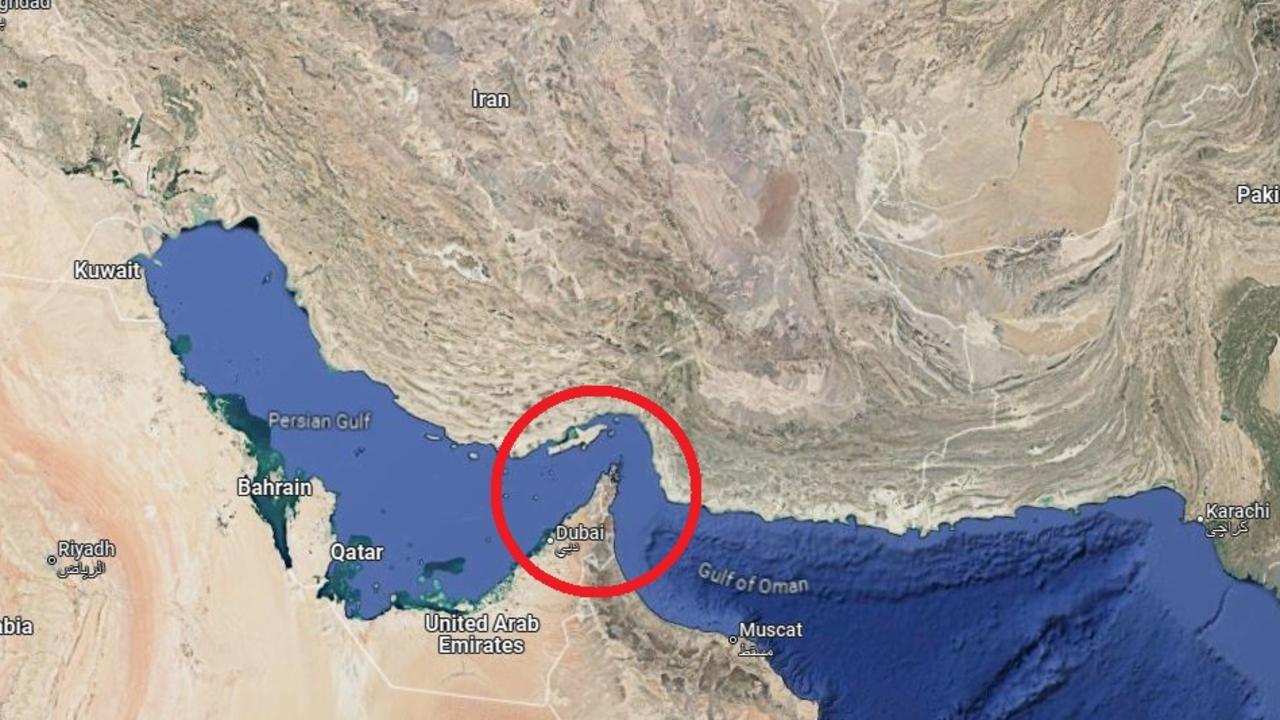
That scenario centres on a narrow stretch of water in the Middle East – a choke point known the Strait of Hormuz.
It connects the Persian Gulf to the Gulf of Oman which eventually leads into the Indian Ocean and the world beyond.
On one side sits the Oman and the United Arab Emirates. Close by are Saudi Arabia, Qatar, Kuwait and Bahrain. The city of Dubai, and several major airports Australians travel through frequently, are within spitting distance of the strait.On the other side is Iran.
The waters are divided between Oman and Iran.
At its narrowest, the strait is just 34km wide.
In Australian terms, that’s about the same distance from Bondi Beach to Parramatta in Sydney, or from Melbourne’s CBD to Werribee.
In other words, the strait is tiny.
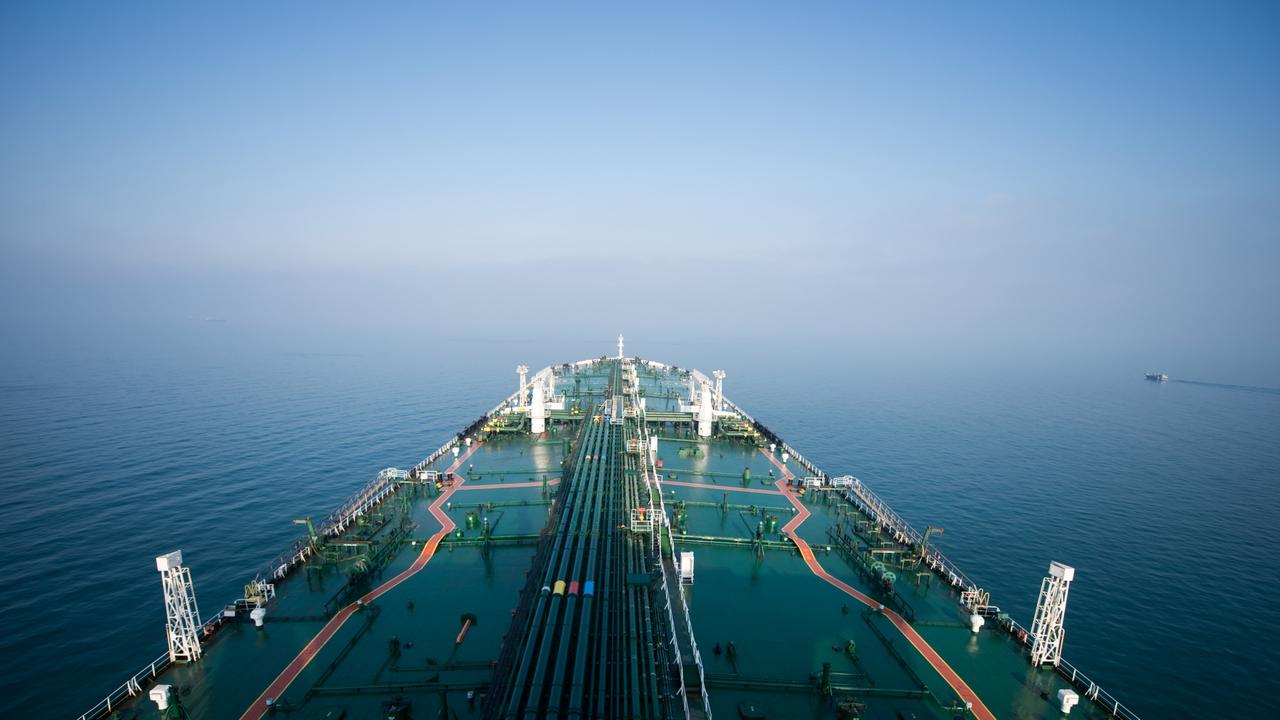
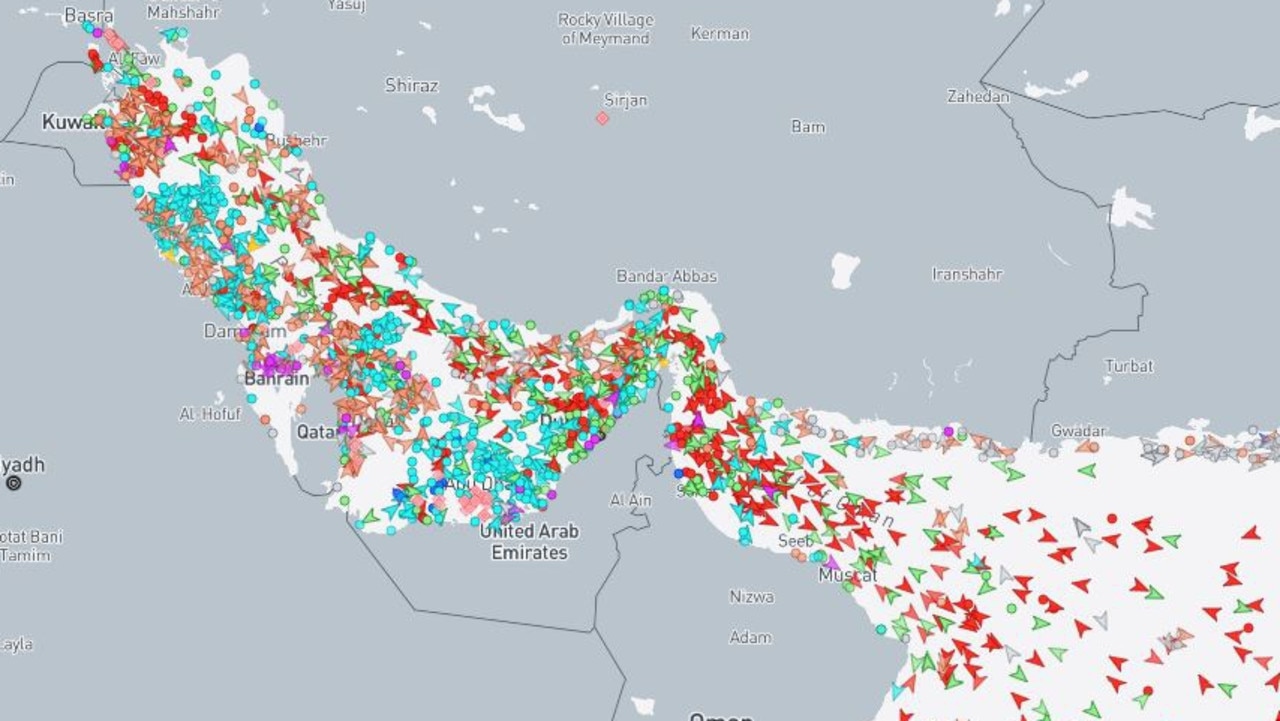
21pc of the world’s oil
Through this tight waterway goes 21 per cent of all the world’s oil.
A good proportion of that is from Iran itself which is the world’s seventh largest producer.
In addition, up to a third of the globe’s liquefied natural gas is also transported through the Strait of Hormuz, chiefly from Qatar. Much of that goes to European nations that had previously received much of their LNG from Russia but now rely on other sources.
“The Strait of Hormuz has a long history of tensions,” wrote Sarah Schiffling from the Hanken School of Economics and Matthew Tickle of the University of Liverpool on academic website The Conversation.
“By blocking this choke point, Iran could throw the global economy into serious disarray”.
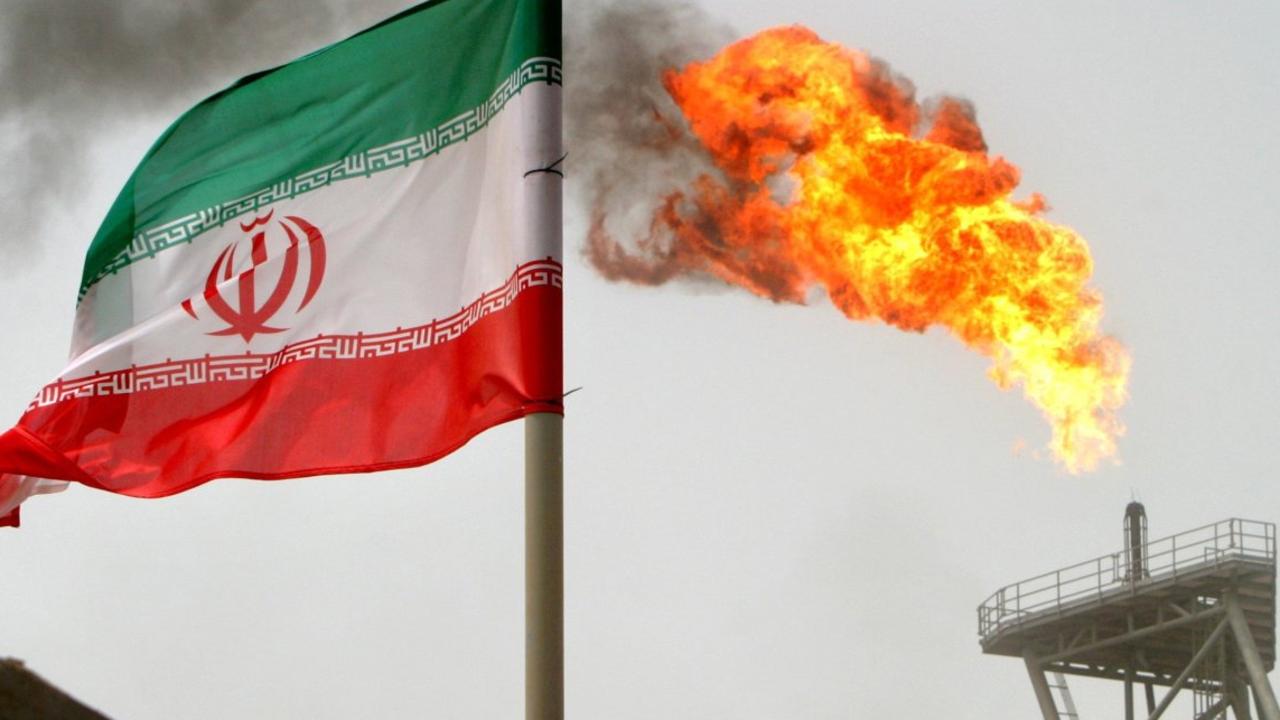
‘Worst case’
Even talk of a disruption to oil facilities sin the region can be harmful.
Just over a week ago, when asked by a reporter if the US would support Israel hitting Iranian oil facilities in the Persian Gulf, President Joe Biden said “discussions “were taking place.
That one word, “discussions,” let alone any actual attack, led to the price of Brent Crude oil jumping by 5 per cent.
Days later, Mr Biden rowed back those comments and urged Israel to avoid Iran’s oil facilities. The Brent Crude price has since risen.
It’s not clear if the government of Benjamin Netanyahu, buoyed up by what it sees as successful incursions into Gaza and Lebanon, is in any mood to listen to Washington.
Energy analyst at data firm Wood Mackenzie, Alan Gelder, told NBC News last week of the dreaded scenarios.
“The worst case could well be if Israel strikes Iran [and] Iran takes actions to slow down or potentially try to block the Strait of Hormuz.”


How Iran could close the strait
There are various ways Tehran could attempt to close the strait.
One could be to simply attack ships going through the strait. But that would risk Tehran effectively attacking Arab nations.
Also, modern tankers are relatively hard to sink without a concerted effort.
It could be more targeted. In 2019, Iran seized a British tanker in the Strait of Hormuz and held it for two months after the UK seized an Iranian ship it accused of aiding sanction breaking.
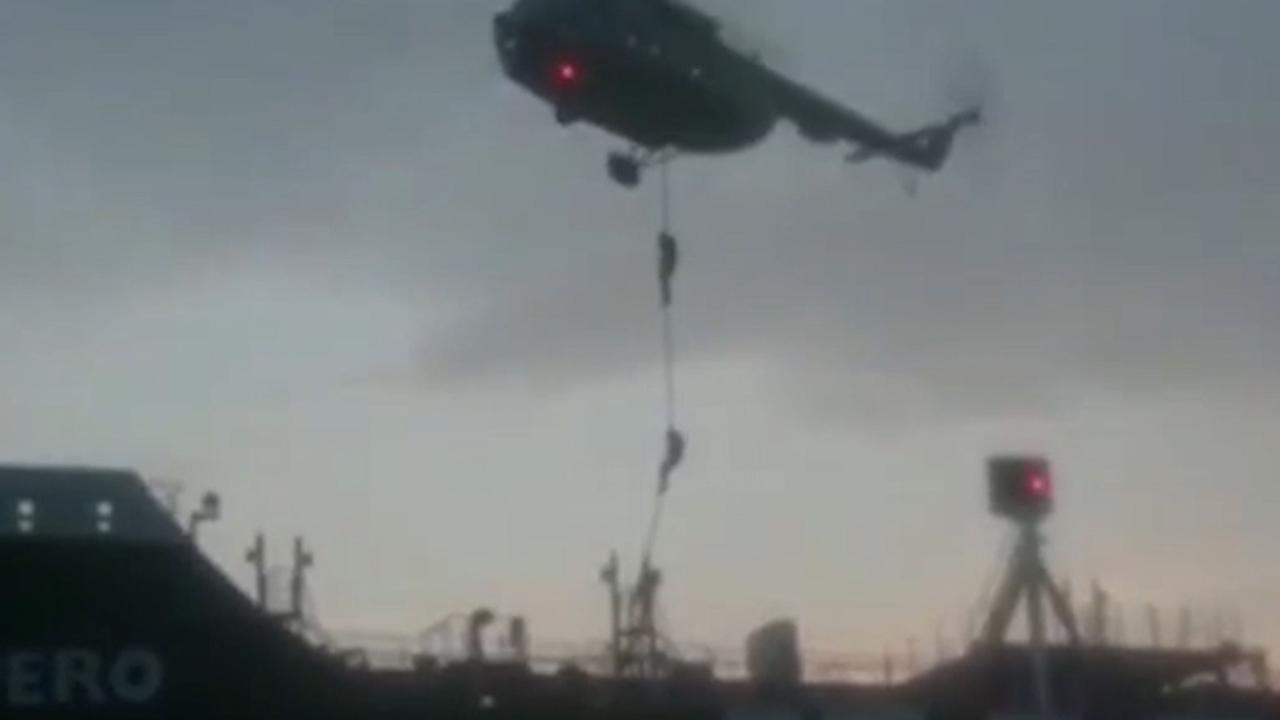
“Another way to close the Strait of Hormuz is to say they were conducting mine exercises and some ordinance fell overboard,” Martin Kelly, head of advisory of risk assessment consultants EOS Risk Group, told shipping industry news publication Lloyd’s List.
“Some shipping companies may refuse to transit the strait and it would be deemed closed, but without intent on the international stage.”
Another tactic would be for Iran to perform “naval exercises” for a week. This blocking of the waters, if only for a short period, would focus the world’s attention of just how easily trade can be gummed up.
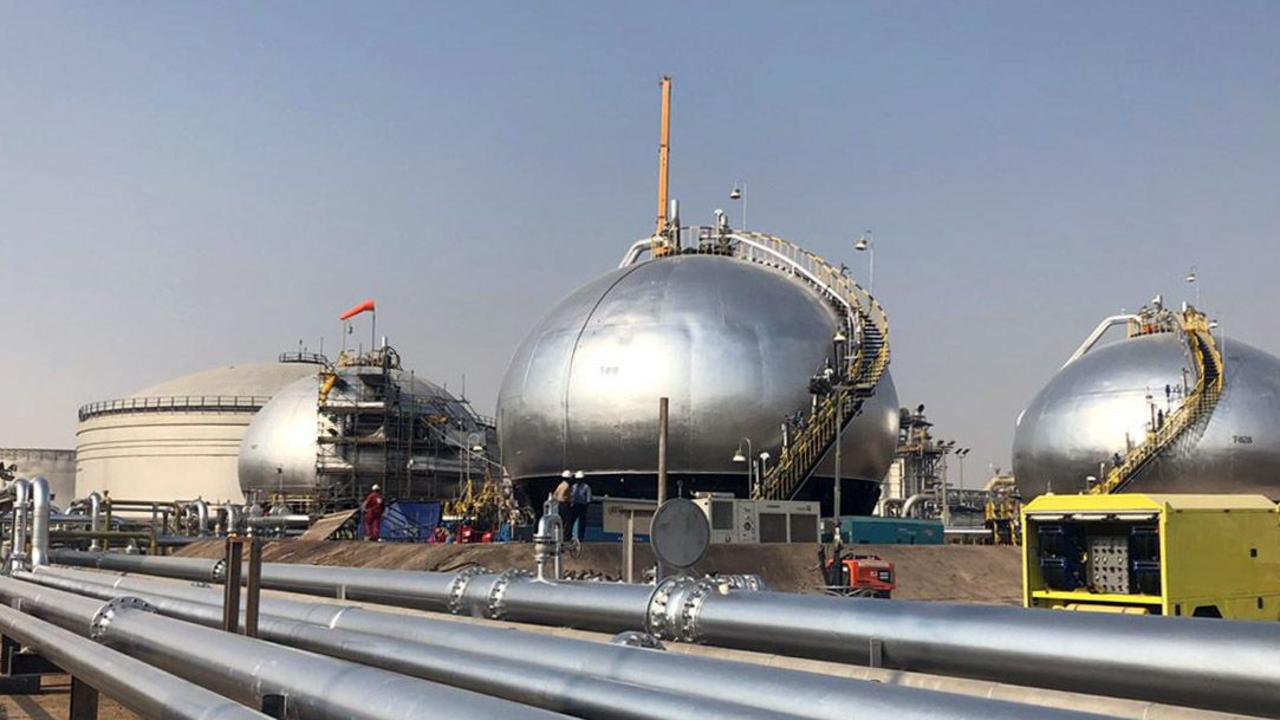
‘World economy would crater’
Closing the strait would be exacerbated by the attacks the Houthis in Yemen are regularly undertaking in the Red Sea.
“Why can Yemen block the main passageway of oil [in the Red Sea] but we are not doing the same in the Strait of Hormuz?” an Iranian ultra-hardliner asked in a tweet following Iran’s attacks on Israel.
Most of the oil that goes through the strait goes to China, India, Japan and South Korea.
But any reduction in supply, no matter where it was destined for, would send oil prices sky rocketing.
Today, the price of barrel of Brent Crude costs $US79.22.
Some analysts believe blocking the strait will see a barrel of oil immediately costing more than $US100.
The longer that blockade lasted for, the higher the price would soar.
“If worst came to worst and the Strait of Hormuz was closed for a month or more, then Brent crude would likely spike to [$US350 a barrel], the world economy would crater and the oil price would fall back to below [$US200 a barrel] again over some time,” said chief commodities analyst at Swedish bank SEB, Bjarne Schieldrop.
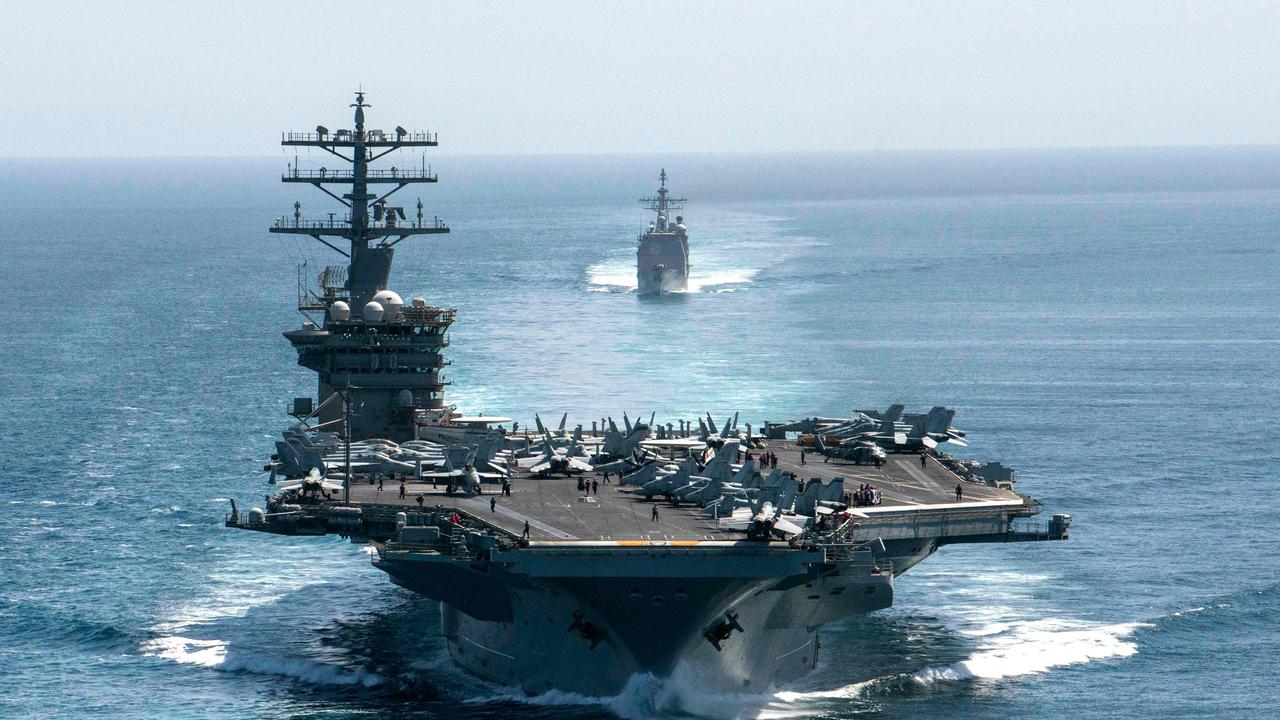
US’ red line
Causing a global economic crisis by blocking the Strait of Hormuz might be tempting for Iran. But there are also multiple reasons not to do it.
“Can they? Yes. Will they? Probably not,” Mr Kelly said to Lloyd’s List.
“It’s probably a good political tool. In terms of practicality, Iran is really unlikely to close the Strait of Hormuz.
“It would be a red line to the US and Western shipping companies.
“They’d also be restricting exports of Iraq, Kuwait, UAE, Saudi Arabia and Bahrain.”
Blocking the strait would harm Iran's own exports and annoy nations sympathetic to it, such as China which would see a drop in oil deliveries.
It also might be lead the US to directly intervene. Plenty of the nations that sit on, and depend upon, access to the Strait of Hormuz have friendly relations with the US.
That’s in addition to the US’ desire to free up trade and oil exports.
Washington could send warships to the strait to protect tankers and demand Iran rein in its threats.
At that point things could get very dicey militarily indeed. The US has more firepower and has several naval and air bases on the Persian Gulf. But Iran would have the advantage of being in its own back yard.
Oil prices remain relatively stable which suggests the markets don’t believe Iran will block the strait.
But in Tehran, all options will be on the table as Iran, and the world, waist nervously for Israel’s response.